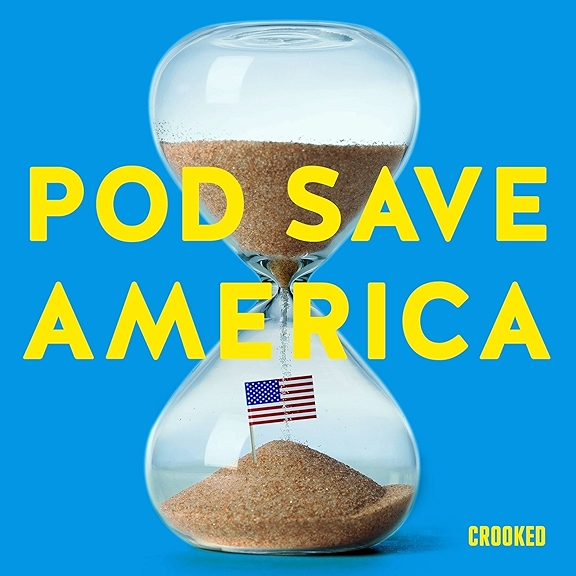
One of the stories we have been following in the past couple of days is the trip by French president, Emmanuel Macron, and European Commission president, Ursula von der Leyen, to Beijing. Not much seems to have changed in the relationship or in either side’s attitude, but this is by no means a bad thing at a time when communication is often the first victim of intensifying geopolitical and geoeconomic rivalry.
What it’s about: The not-so-joint visit by Macron and von der Leyen to China just before Easter produced no concrete political outcomes and few economic ones. Rolling out the red carpet for Macron and pretty much cold-shouldering von der Leyen confirmed that China prefers bilateralising its relationship with EU members, especially ones that reflect well on the image of its own leader, rather than dealing with the bloc as a whole.
Why it matters: The EU and China are among each other’s largest trading partners—China is the primary source of imports for the EU and its third-largest destination for exports. European companies, too, have a stake in this. For the German automotive industry, for example, China is the most important export market, with every third German car sold there. Germany and France together account for almost a quarter of all EU exports to China.
The EU and China, thus, have a keen interest in global economic and political stability, but they don’t see eye-to-eye on many issues. From democracy and human rights, to Taiwan and the war in Ukraine, and to the lack of a level playing field for European companies in China, there are many issues where both sides do not simply agree to disagree but have profound differences that shape their foreign, security, and economic policies.
Our take: In a speech just before her departure, von der Leyen outlined a policy of ‘de-risking’ in the EU’s approach to China. Short of US-style ‘de-coupling’, the approach is meant to be more assertive and protective of EU economic interests and balance them carefully with the bloc’s political interests. This is insufficient from a US perspective, and US pressure on the EU and key member states like France and Germany will continue to align more with Washington’s policy of containing China.
President Xi’s efforts to drive a wedge between Europe and the US are evident in his differential treatment of Macron and von der Leyen, as are his intentions to exploit divisions within Europe among member states who back the Commission’s approach and those that think it either goes too far or not far enough. There is no indication that Xi has been particularly successful in achieving this.
The persistent lack of a level playing field for European companies in China has meant that the landmark 2020 Comprehensive Agreement on Investment has effectively been abandoned and was not even discussed at the recent meetings in Beijing. This does not imply an end to the trade relationship between the EU and China, but it also means that there will not be the kind of step-change in deeper integration that the 2020 deal could have offered. Like German chancellor Olaf Scholz before him, Macron has demonstrated that individual deals—such as for Airbus or French energy giant EDF—will remain possible.
Like other European leaders before them, von der Leyen and Macron both emphasised the importance of the war in Ukraine as a determining factor in the relations between Europe and China, but they got little from China in return, apart from a re-statement of its “Position on the Political Settlement of the Ukraine Crisis”.
Ultimately, there was nothing groundbreaking in the joint declaration by Macron and Xi, and there was not even one between Xi and van der Leyen. But not breaking things in one of the most important global political and economic relationships is perhaps as good an outcome as one could and should have expected. Above all, it means that dialogue between the EU and its member states and China will continue in areas where they agree and disagree alike.
Get full access to Navigating the Vortex at www.navigatingthevortex.com/subscribe




















